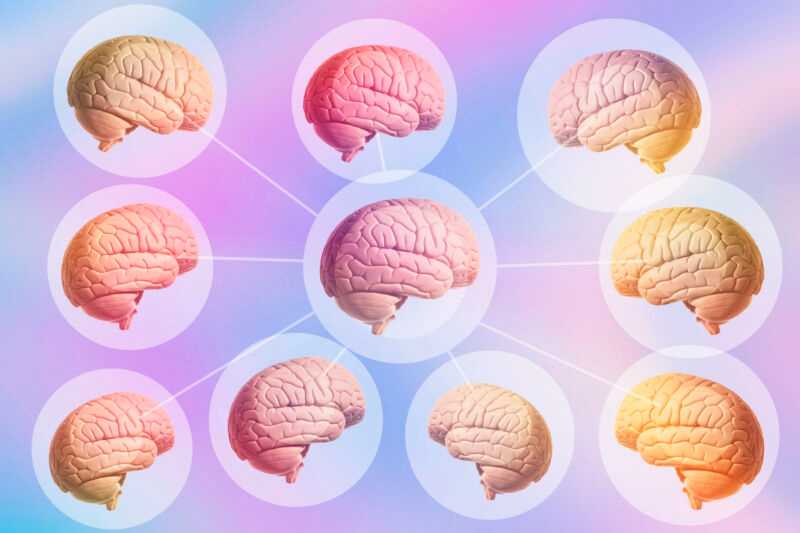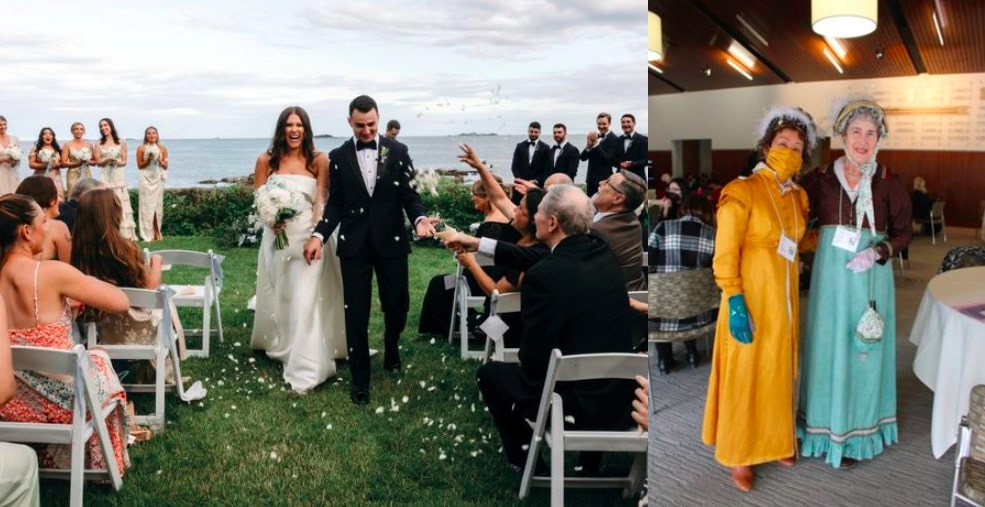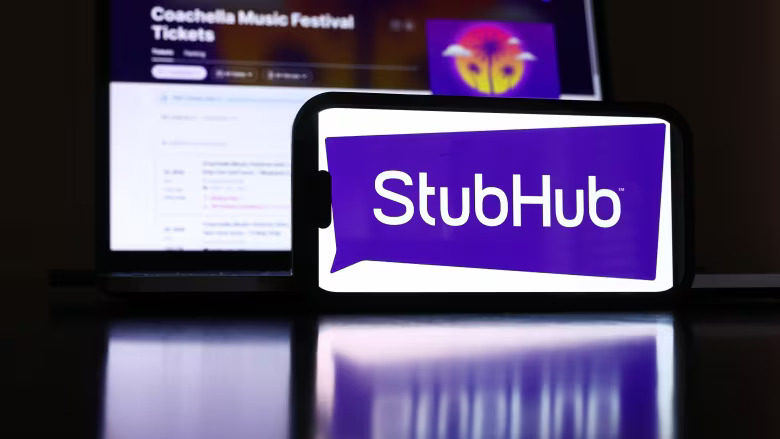America’s first brain-wave privacy law goes into effect

Image: PM Images/DigitaVision/Getty
Earlier this month, a first-of-its-kind law went into effect in Colorado that extends privacy protections to neural (brain) data. Or in more colloquial terms – the move puts its citizens’ brainwave data behind a door marked pirate private.
Why it matters: A growing number of consumer tech products capture and utilize brain activity to perform their advertised functions, such as improving sleep.
But unlike the brain implant industry (ex: Elon Musk’s Neuralink), which is subject to medical regulation, these products are playing largely outside of any regulatory purview. And privacy advocates are taking notice.
- The NeuroRights Foundation recently studied 30 companies making wearable technology capable of capturing brainwaves, and found 29 “provide no meaningful limitations to this access.”
- This means, among other things, the companies could be selling (or eventually sell) its users’ biometric/biological data to third parties without their consent, similar to DNA testing startups.
Fun (?) fact: Scientists can currently translate brain activity into words with ~40% accuracy. But data under peer review already indicates improvement up to 60+% accuracy, with many in the industry predicting 80%-90% accuracy within a few years.
This doesn’t just apply to words/text either. A preprint study published last year found that AI can take brainwaves and convert them into largely realistic images of what a person has seen.
👀 Looking ahead… Privacy advocates hope Colorado’s move could spawn new and widespread regulations applying to brain data.
Share this!
Recent U.S. stories
U.S.
| August 15, 2024Western US states are trying to curb grizzly bear populations
🐻 A trio of Western states are pushing federal regulators to remove the protected status of grizzly bears following a recent spike in human-grizzly encounters.

U.S.
| August 6, 2024Smaller colleges are adopting side hustles to keep their doors open
🎓 A growing number of smaller US colleges are looking to boost their revenues by embracing a side hustle: hosting non-degree-related activities on campus.

U.S.
| August 1, 2024StubHub has drip – and not the good kind, DC’s attorney general alleges
🎟️ The DC attorney general sued StubHub over its practice of drip pricing – �essentially accusing StubHub’s checkout process of catfishing consumers.
You've made it this far...
Let's make our relationship official, no 💍 or elaborate proposal required. Learn and stay entertained, for free.👇
All of our news is 100% free and you can unsubscribe anytime; the quiz takes ~10 seconds to complete